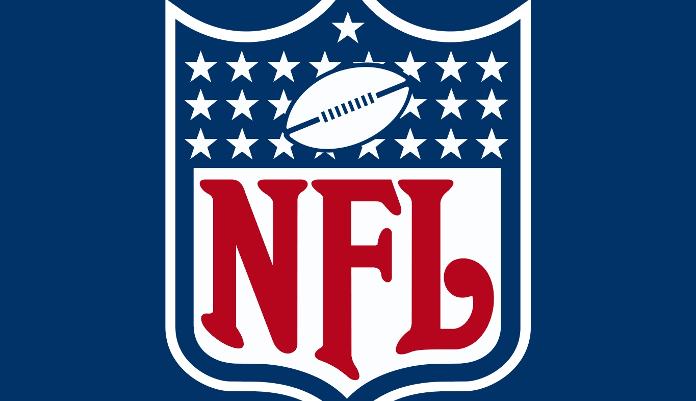If you think doing your taxes is difficult, try playing NFL football and filing an income tax return. Football players and other professional sports players must file their income taxes in every state and municipality in which they play. For example, a Major League Baseball player may have to file in 23 municipalities, 19 states and 2 countries (don't forget Canada!).
The benevolent City of Cleveland made it unconstitutionally simple for visiting players. Cleveland's tax department calculated city income by a "games played" method, in which the number of games played in Cleveland was divided by the total number of games in the season to find the amount of the athletes income to tax (i.e., play 20 games in a season, only one of them in Cleveland, you report 5% of your income was earned in Cleveland). Of course, athletes attend training camps, practice, meetings, game preparation, etc., so their income is derived from far more than simply showing up at a game. By comparison, all other cities that tax visiting players use the fair and reasonable "duty days" approach, in which the compensation to be taxed is calculated by dividing the number of days spent in the city by the total days worked during the year.
Hunter T Hillenmeyer, a former linebacker for the Chicago Bears, filed for income tax refunds paid to the city of Cleveland from 2004-2006. Hillenmeyer worked 154 days in 2004, 165 days in 2005, and 168 days in 2006. During that span, the Bears had one game in Cleveland, on October 9, 2005. Cleveland denied his request for a refund, defending their position before the city's Board of Review and the state's Board of Tax Appeals. Hillenmeyer didn't stop there. The case eventually made it to the Ohio Supreme Court, which ruled that the way Cleveland calculates income taxes for non-resident football players is unconstitutional because it violates their due process rights. You can read about the case here.
In a similar case, Cleveland's over-reaching is further evidenced by its wrongful taxation of another visiting NFL football player, Indianapolis Colts player Jeffrey Saturday, who never set foot in Cleveland because he was in Indianapolis undergoing physical rehabilitation when his team played in Cleveland. Cleveland nonetheless felt that he should pay income tax. Perhaps the city's attitude is one of the reasons Cleveland sports are doomed?
Like in Hillenmeyer's case, the Ohio Supreme Court ruled that Jeff Saturday was not subject to Cleveland income tax because none of the work he was paid for was done in Cleveland that year! Shocking! You can read about it here.
If you don't play professional sports, the lesson you should take from these cases is that when you drive through Cleveland, watch your back because the city might try to put its hands in your pockets!


 Should I Pay the Waiver?
Should I Pay the Waiver? Felony THC Possession
Felony THC Possession Forming an LLC
Forming an LLC Anatomy of a DUI Case
Anatomy of a DUI Case A Criminal Case: From Arraignment to Trial
A Criminal Case: From Arraignment to Trial Winning a Social Security Disability Case
Winning a Social Security Disability Case 6 Questions About Chapter 7 Bankruptcy
6 Questions About Chapter 7 Bankruptcy 8 Reasons to Have a Will
8 Reasons to Have a Will 9 Divorce and Custody Questions
9 Divorce and Custody Questions Issues Considered in a Domestic Relations Action
Issues Considered in a Domestic Relations Action A Step by Step Guide to Search and Seizure
A Step by Step Guide to Search and Seizure You Have the Right to Remain Silent: Exercise It!
You Have the Right to Remain Silent: Exercise It! A Guide to DUI
A Guide to DUI Ohio Law Bans Red Light Cameras, Cities Sue
Ohio Law Bans Red Light Cameras, Cities Sue Sex Offender Fails to Disclose E-Mail: Prison
Sex Offender Fails to Disclose E-Mail: Prison Plea Deal Rules that Limit Advocates' Judgment
Plea Deal Rules that Limit Advocates' Judgment Private Universities’ Police Records are Public
Private Universities’ Police Records are Public